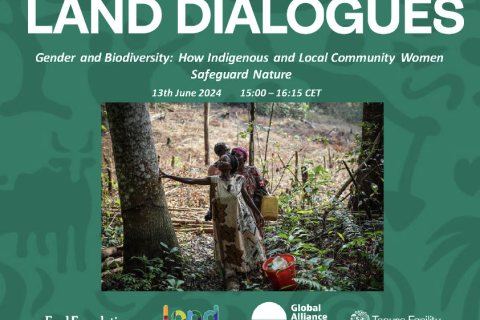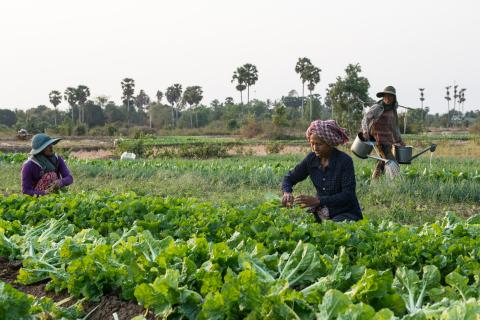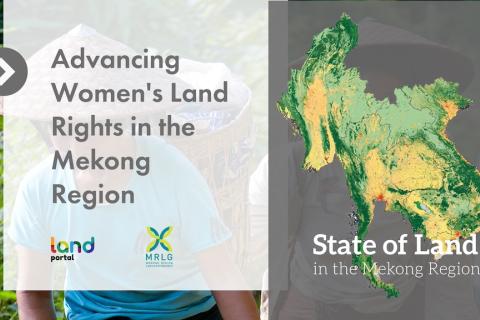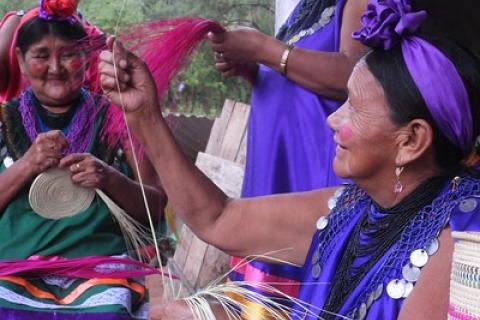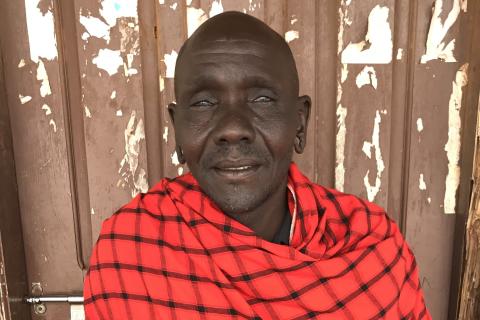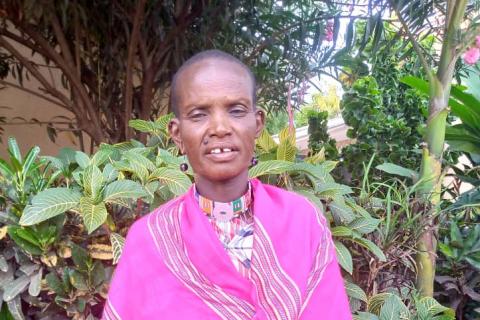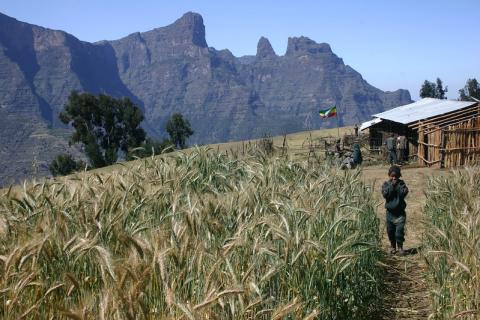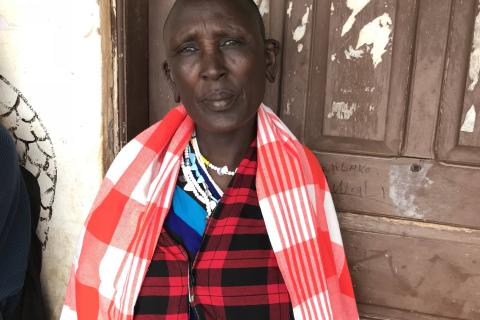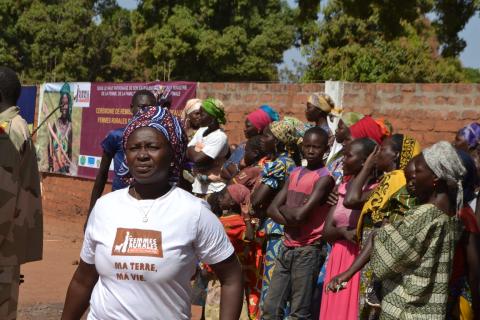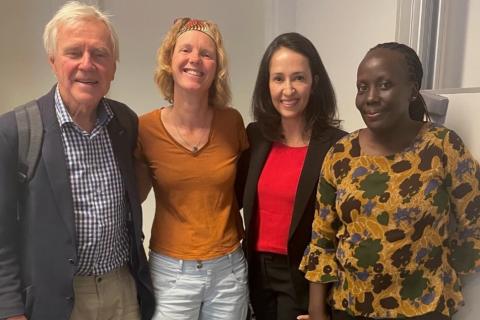Webinar recap : Gender, Biodiversity and How Indigenous and Local Community Women Safeguard Nature
Under the umbrella of the Land Dialogues series, the first webinar of this year’s series “Gender and Biodiversity : How Indigenous and Local Community Women Safeguard Nature” took place on June 13th, 2024. The webinar drew in a little over 300 participants and featured Indigenous and local community leaders from around the world. The series is organized by a consortium of organizations, including the Land Portal Foundation, the Ford Foundation and the Tenure Facility and this particular webinar was organized in collaboration with the GATC.

